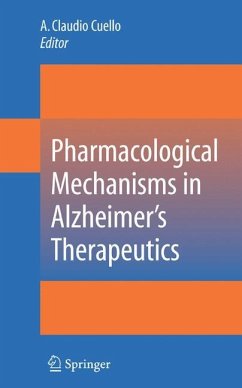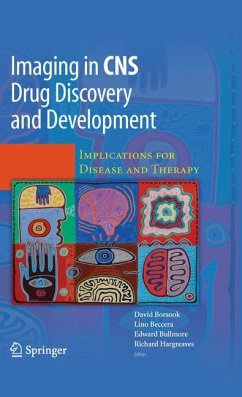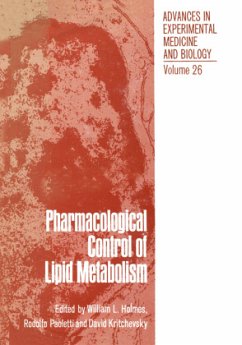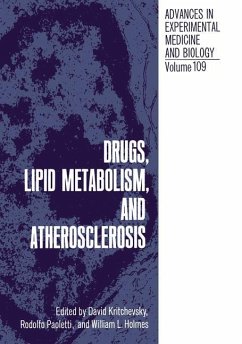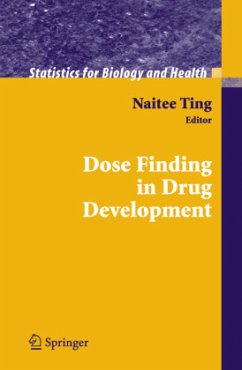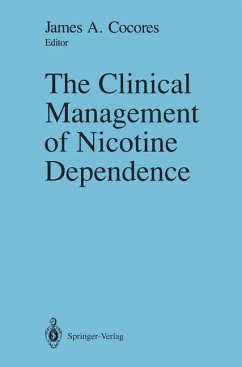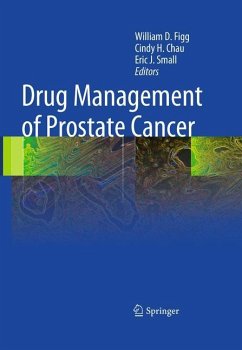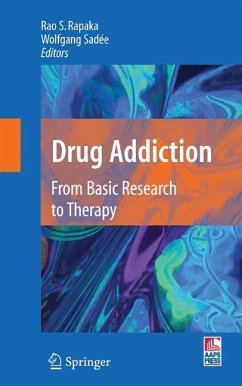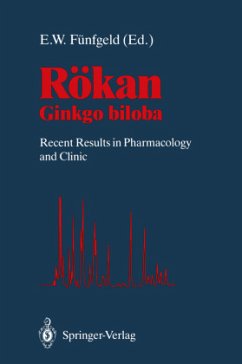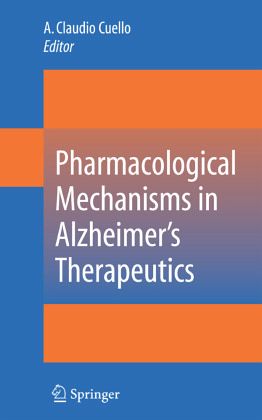
Pharmacological Mechanisms in Alzheimer's Therapeutics
Versandkostenfrei!
Versandfertig in 6-10 Tagen
113,99 €
inkl. MwSt.

PAYBACK Punkte
57 °P sammeln!
Alzheimer's disease is a serious health concern in developed countries where the population is progressively aging. At the personal level the diagnosis of the disease represents a devastating scenario for both the sufferer and care givers. In recent years medications have been developed that mitigate somewhat the symptoms and delay, for a while, the progression of the disease. It is expected that in the coming years new medications will be developed that are capable of halting the chain of pathological events and symptoms of the disease. This book covers a wide range of the pharmacological mec...
Alzheimer's disease is a serious health concern in developed countries where the population is progressively aging. At the personal level the diagnosis of the disease represents a devastating scenario for both the sufferer and care givers. In recent years medications have been developed that mitigate somewhat the symptoms and delay, for a while, the progression of the disease. It is expected that in the coming years new medications will be developed that are capable of halting the chain of pathological events and symptoms of the disease. This book covers a wide range of the pharmacological mechanism underlying present and potential new therapies. The recent extraordinary advances in our understanding of the cell and molecular biology of Alzheimer's disease allows for an optimistic forecast of innovative therapies.
This book will be of value to a wide audience interested in cellular and molecular mechanisms leading to the pathology of Alzheimer's disease and on the multiple, possible, therapeutic opportunities ahead of us. The field of research is enormous and therefore therapeutic targets that have been selected for this volume seem the most hopeful and for which there is a solid rationale. There are a number of emerging therapeutic targets, such as the inactivation/removal of Aß peptides, amongst others, which might have potential applications if specific leading compounds were to be identified.
This book will be of value to a wide audience interested in cellular and molecular mechanisms leading to the pathology of Alzheimer's disease and on the multiple, possible, therapeutic opportunities ahead of us. The field of research is enormous and therefore therapeutic targets that have been selected for this volume seem the most hopeful and for which there is a solid rationale. There are a number of emerging therapeutic targets, such as the inactivation/removal of Aß peptides, amongst others, which might have potential applications if specific leading compounds were to be identified.





